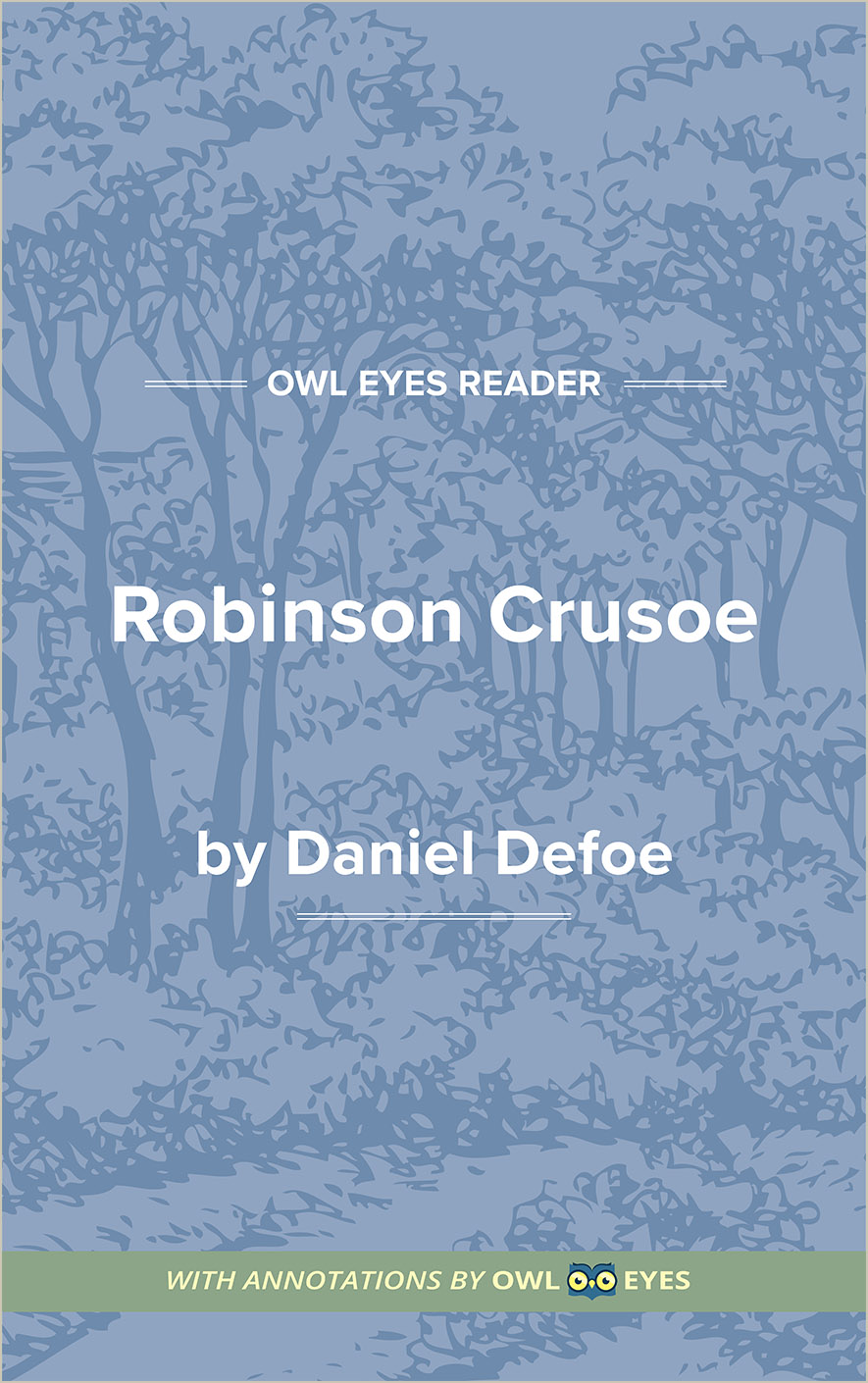Analysis Pages
Facts in Robinson Crusoe
Facts Examples in Robinson Crusoe:
Chapter I - Start In Life
🔒"Bremen, who settled first at Hull..." See in text (Chapter I - Start In Life)
Chapter II - Slavery And Escape
🔒"islands of the Canaries..." See in text (Chapter II - Slavery And Escape)
"the Cape de Verde Islands..." See in text (Chapter II - Slavery And Escape)
"the bay of Cadiz..." See in text (Chapter II - Slavery And Escape)
"the Moors...." See in text (Chapter II - Slavery And Escape)
"Sallee..." See in text (Chapter II - Slavery And Escape)
"calenture..." See in text (Chapter II - Slavery And Escape)
"Straits'..." See in text (Chapter II - Slavery And Escape)
"shoulder-of-mutton sail..." See in text (Chapter II - Slavery And Escape)
Chapter III - Wrecked On A Desert Island
🔒"COUP DE GRACE..." See in text (Chapter III - Wrecked On A Desert Island)
"as if we were bound for the isle Fernando de Noronha..." See in text (Chapter III - Wrecked On A Desert Island)
"pieces of eight..." See in text (Chapter III - Wrecked On A Desert Island)
"when I came to the Brazils..." See in text (Chapter III - Wrecked On A Desert Island)
"I began to see that the land was inhabited..." See in text (Chapter III - Wrecked On A Desert Island)
"eighty pieces of eight..." See in text (Chapter III - Wrecked On A Desert Island)
"Sallee..." See in text (Chapter III - Wrecked On A Desert Island)
Chapter IV - First Weeks On The Island
🔒"five or six gallons of rack..." See in text (Chapter IV - First Weeks On The Island)
Chapter VI - Ill And Conscience-stricken
🔒"recrossing the line..." See in text (Chapter VI - Ill And Conscience-stricken)
Chapter VII - Agricultural Experience
🔒"aloes..." See in text (Chapter VII - Agricultural Experience)
"cassava root..." See in text (Chapter VII - Agricultural Experience)
"aloes..." See in text (Chapter VII - Agricultural Experience)
"cassava root..." See in text (Chapter VII - Agricultural Experience)
Chapter VIII - Surveys His Position
🔒"Poll..." See in text (Chapter VIII - Surveys His Position)
"Leadenhall market..." See in text (Chapter VIII - Surveys His Position)
Chapter IX - A Boat
🔒"I made my escape from Sallee in a boat; the same day of the year I was born on - viz. the 30th of September, that same day I had my life so miraculously saved twenty-six years after..." See in text (Chapter IX - A Boat)
Chapter XIII - Wreck Of A Spanish Ship
🔒"rials..." See in text (Chapter XIII - Wreck Of A Spanish Ship)
"Let the naturalists explain these things..." See in text (Chapter XIII - Wreck Of A Spanish Ship)
Chapter XIV - A Dream Realised
🔒"moidores..." See in text (Chapter XIV - A Dream Realised)
Chapter XV - Friday's Education
🔒"Trinidad, ..." See in text (Chapter XV - Friday's Education)
Chapter XVI - Rescue Of Prisoners From Cannibals
🔒"Nicaragua wood..." See in text (Chapter XVI - Rescue Of Prisoners From Cannibals)
Chapter XIX - Return To England
🔒"Pampeluna..." See in text (Chapter XIX - Return To England)
"amounted to nineteen thousand four hundred and forty-six..." See in text (Chapter XIX - Return To England)
"pickled..." See in text (Chapter XIX - Return To England)

